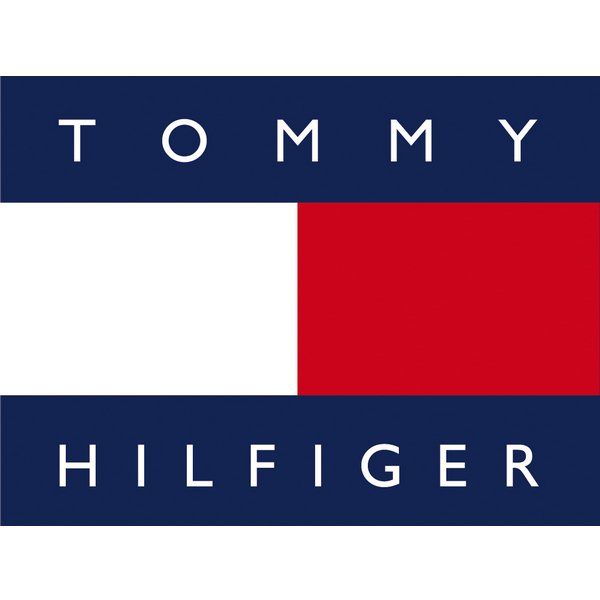Top Class Actions’s website and social media posts use affiliate links. If you make a purchase using such links, we may receive a commission, but it will not result in any additional charges to you. Please review our Affiliate Link Disclosure for more information.

Plaintiff James N. claims that the clothing company sent him several SMS text messages, despite never obtaining his written consent. James states that the unwanted messages, allegedly sent by an automatic dialing system, cost him minutes from his cellphone services.
The TCPA class action lawsuit claims the defendant sent its text messages using a five or six digit number called a “short code” instead of a standard 10-digit phone number. The company that provided the short codes, Neustar Inc., is not a party in this TCPA suit.
According to the class action lawsuit, not only were these messages financially harmful, they were also an aggravation and invasion of privacy. Additionally, James states that the Tommy Hilfiger text messages drained his cellphone battery and consumed storage space on his phone.
In total, James received seven text messages from Tommy Hilfiger from September to November of 2014, according to the proposed class action lawsuit. If the company is found to have used an automated dialing system to send the messages, it would mean that Tommy Hilfiger directly violated the TCPA.
Therefore, James has proposed a nationwide class action lawsuit on behalf of all American consumers who received unwanted phone calls or text messages from the defendant, starting from Oct. 16, 2013. This class action could potentially include tens of thousands of members who received the unwanted advertisements. James is seeking $500 for each TCPA violation, which could total in the thousands, but requested the court award higher damages if the court finds the defendant willfully violated the TCPA.
While neither party has responded to this complaint, an official with the U.S. Federal Communications Commission urged the agency to clarify TCPA regulations to advertisers.
The Tommy Hilfiger Text Spam Class Action Lawsuit is Nelson v. PVH CORP., D/B/A Tommy Hilfiger, Case No. 8:15-cv-00512 in the U.S. District Court for the Central District of California.
Overview of TCPA Violations
The TCPA is a federal law that Congress passed in 1991 to protect American consumers from frequent advertisement calls or texts sent from automated dialing systems. Congress passed the act after numerous consumers complained about the number and frequency of nuisance calls they received at all times of the day. In addition to preventing numerous unwanted phone calls and text messages from advertising companies, the TCPA also protects consumers’ right to privacy.
In general, a company violates the TCPA when it uses an automated dialing system to send an unwanted text or phone call to a consumer. More specifically, a company violates the TCPA when the recipient has not given the caller prior written consent to contact them for any marketing or advertising purpose, and the company calls randomly through the dialing system.
Oftentimes, signs of an automated dialing system include text messages from a short-code number like in the class action lawsuit above, or an automatic voice on the other end when a recipient answers.
According to the TCPA, a caller must provide their name and the company they work for, as well as provide the recipient with an opt-out option, which essentially tells the company not to call them again. Telemarketers also cannot contact consumers registered on the TCPA’s Do-Not-Call Registry.
While the individual costs of violations are not substantial to a company, numerous violations can add up very quickly. If a company is found to be in unintentional violation of the TCPA the fine is $500, and $1500 if the company is found to be in willful violation.
Join a Free TCPA Class Action Lawsuit Investigation
If you were contacted on your cell phone by a company via an unsolicited text message (text spam) or prerecorded voice message (robocall), you may be eligible for compensation under the Telephone Consumer Protection Act.
ATTORNEY ADVERTISING
Top Class Actions is a Proud Member of the American Bar Association
LEGAL INFORMATION IS NOT LEGAL ADVICE
Top Class Actions Legal Statement
©2008 – 2024 Top Class Actions® LLC
Various Trademarks held by their respective owners
This website is not intended for viewing or usage by European Union citizens.














